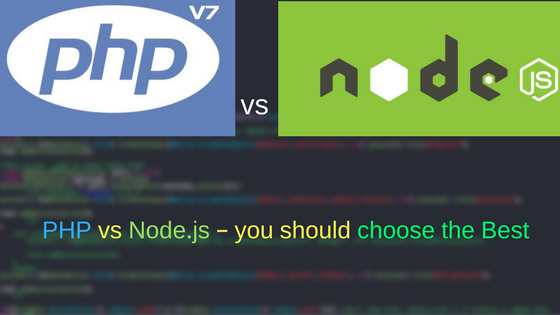PHP
PHP is an interpreted server-side scripting language. This means you write PHP code, upload it to a web server, and execute it with an interpreter. PHP is typically used with a web server like Apache or nginx to serve dynamic content. However, PHP can also be used to build powerful command-line applications (just like bash, Ruby, Python, and so on). Many PHP developers don’t realize this and miss out on a really exciting feature. Not you, though.
Node.js
Node.js is one of the most popular JavaScript-driven technologies nowadays. the framework has evolved into a well-developed ecosystem. Its package manager is full of useful modules and developers around the world have started using Node.js in their production environments.
Php the present
Today, the PHP language is quickly evolving and is supported by dozens of core team developers from around the world. Development practices have changed, too. Local development environments are identical to production servers thanks to virtualization tools like Vagrant and provisioning tools like Ansible, Chef, and Puppet. We leverage specialized PHP components with the Composer dependency manager. Our PHP code adheres to PSRs—community standards managed by the PHP Framework Interop Group. We thoroughly test our code with tools like PHPUnit. We deploy our applications with PHP’s FastCGI process manager behind a web server like nginx. And we increase application performance with an opcode cache.
Node.js the Present
Node.js is made up of three things:
- V8 is Google’s JavaScript engine that is used in the Chrome web browser (https://developers.google.com/v8/)
- A thread pool is the part that handles the file input/output operations. All the blocking system calls are executed here (http://software.schmorp.de/pkg/libeio.html)
- The event loop library (http://software.schmorp.de/pkg/libev.html)
On top of these three blocks, we have several bindings that expose low-level interfaces. The rest of Node.js is written in JavaScript. Almost all the APIs that we see as built-in modules and which are present in the documentation, are written in JavaScript.
PHP the popularity
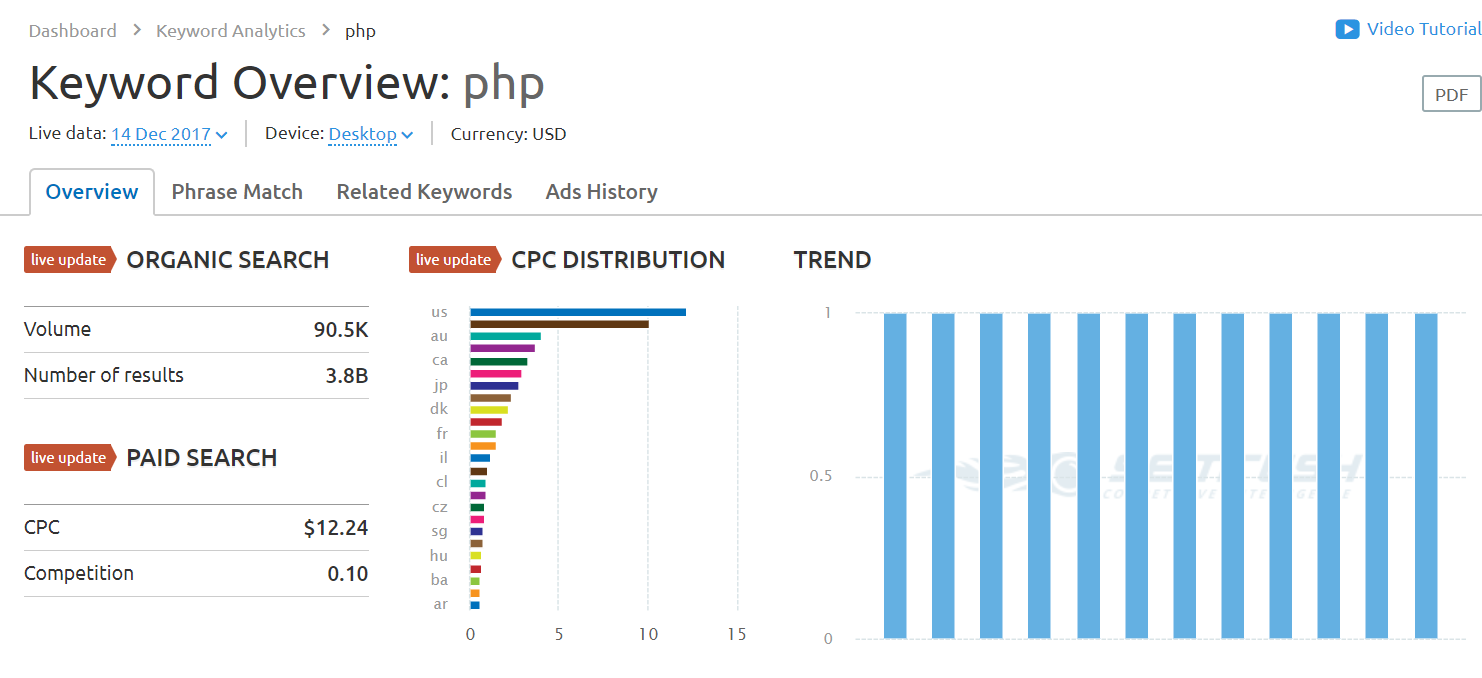
data is from united states only
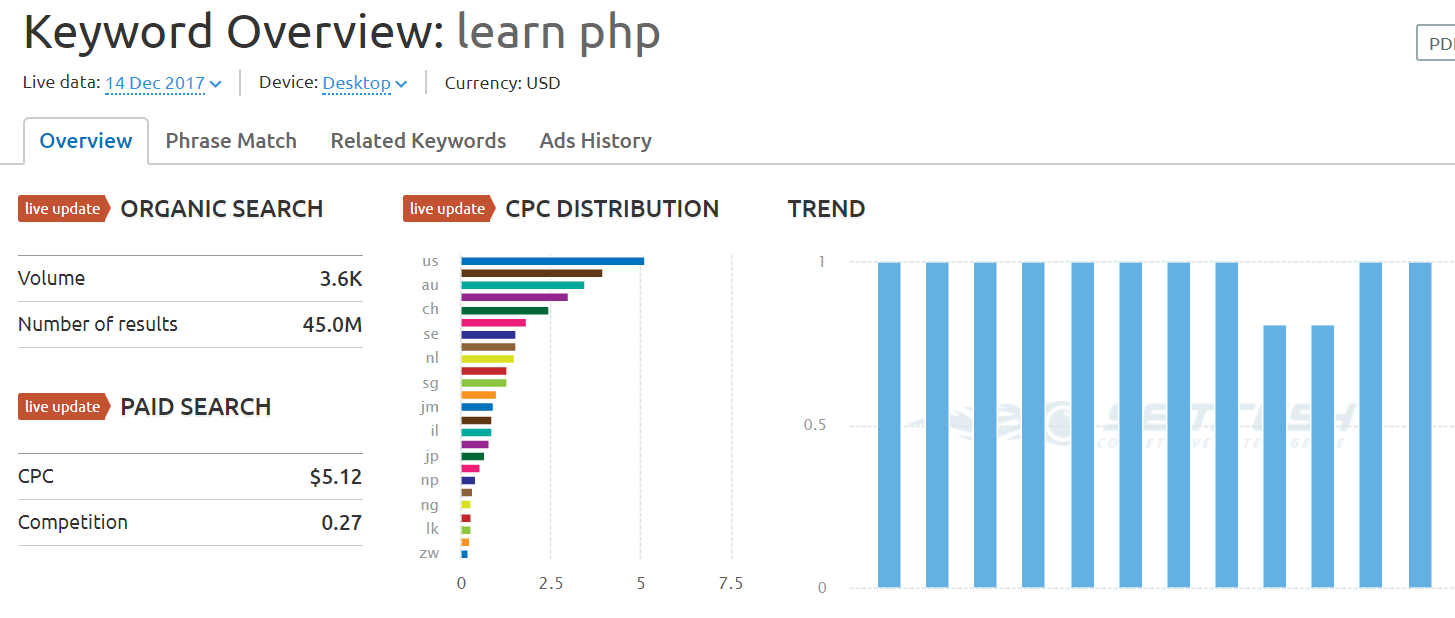
Node.js the popularity
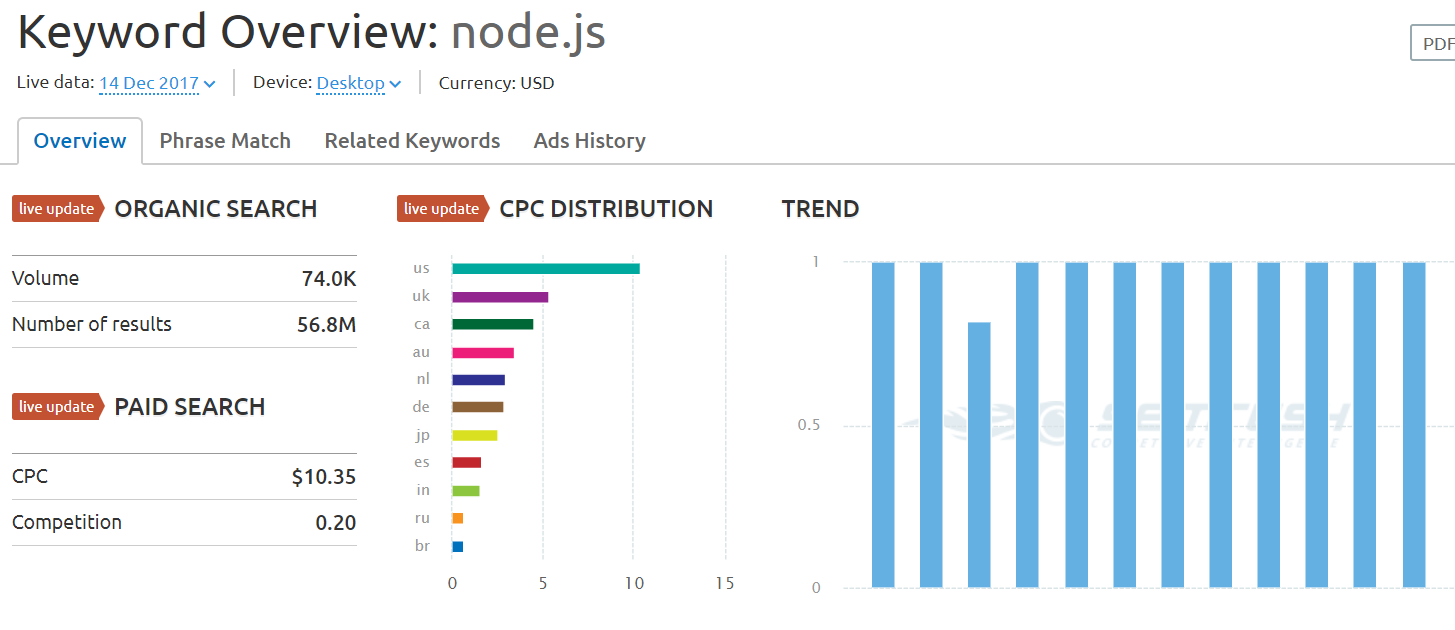
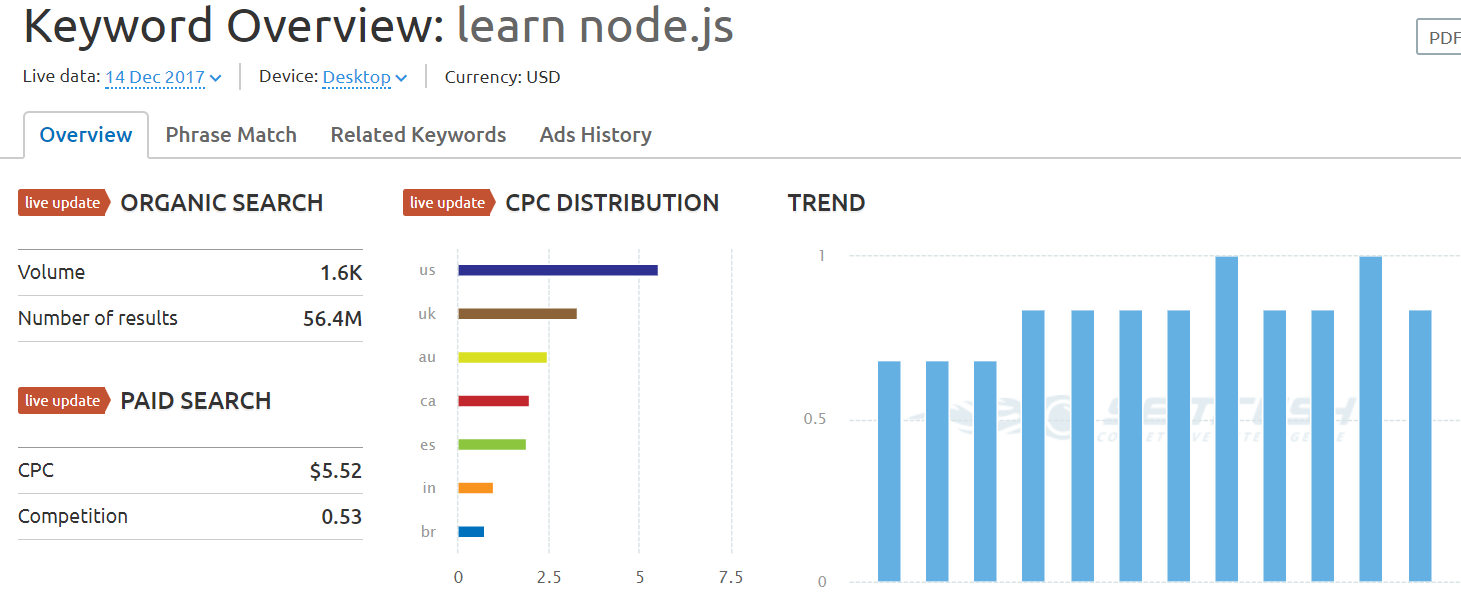
PHP The Future
Laravel Framework is improving at a rapid pace with new features and improved performance. Hack is a new programming language built on top of PHP. It introduces static typing, new data structures, and additional interfaces while maintaining backward compatibility with existing dynamically typed PHP code. Hack is targeted at developers who appreciate PHP’s rapid development characteristics but need the predictability and stability from static typing. Future is quite Bright for PHP since it is bringing many exciting developments.
Node.js The Future
Node.js is improving day by day as the fast/responsive/high-throughput server side framework. Companies like Paypal, Uber, LinkedIn, Nasa, Facebook using Node.js ( or its eco-system ) to built their product and whatever product they have built is working more than expected, so can we say future is bright ? Not sure yet. Node.js is popular and getting popular, it’s future is bright.
PHP vs Node.js the Performance
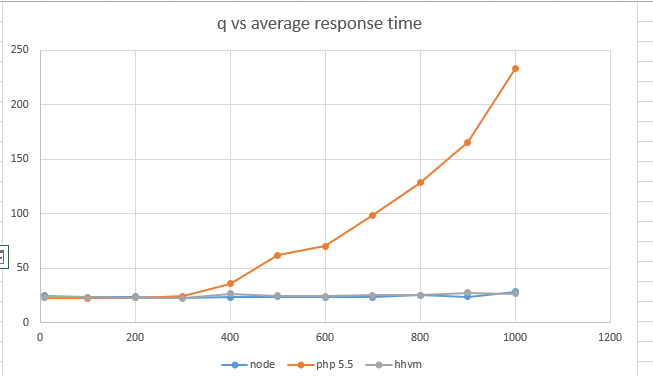
image from hosting advice
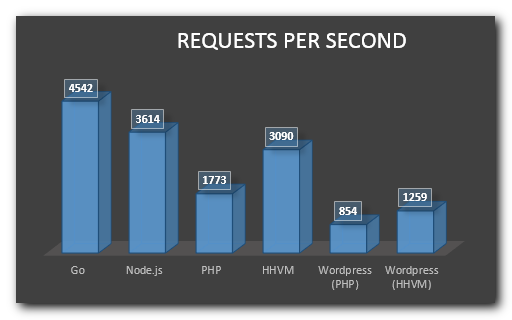
Conclusion
There are a ton of new things to learn, and many more things on the horizon. To understand how Node.js works, first you need to understand a few key features of JavaScript that make it well suited for server-side development.
Modern PHP encompasses many new practices that may be unfamiliar to those of you new to PHP, or to those upgrading from older PHP versions. The PHP language is experiencing a renaissance. PHP is transforming into a modern scripting language with helpful features like namespaces, traits, closures, and a built-in opcode cache.


